Black students from Marjory Stoneman Douglas High School are urging March For Our Lives to include students of color in their campaign.
In the weeks following the Parkland, Florida school shooting that left 17 students and teachers dead, survivors started a nation-side movement aimed at tackling gun violence that plagues American schools.
And while their message has spread across the country like wildfire, black students feel they are underrepresented in the March For Our Lives movement.
"We're saying you don't see much of us at the forefront," 17-year-old junior Mei-Ling Ho-Shing, who is black, told HuffPost earlier this week. "It hurts, because they went all the way to Chicago to hear these voices when we're right here. We go to school with you every day."
"We just want to share the mic."
While gun violence in schools doesn't necessarily target one race over another, gun violence in the United States as a whole disproportionately affects communities of color. Black MSD students are asking their peers leading the movement, who are white and Latina, to be more inclusive and give black voices more of an opportunity to be heard.
"David Hogg, we're proud of him, but he mentioned he was going to use his white privilege to be the voice for black communities, and we're kind of sitting there like, 'You know there are Stoneman Douglas students who could be that voice,'" Ho-Shing told HuffPost.
MSD junior Tyah-Amoy Roberts noted that March For Our Lives has not reached out or invited her to meetings, despite requests and promises to do so by movement leader Emma Gonzales.
"We feel like people within the movement have definitely addressed racial disparity, but haven't adequately taken action to counteract that racial disparity," Roberts said at a press conference last week. "They've been saying, but they haven't been doing."
Ho-Shing also noted that because Parkland, Florida is a more affluent, majority-white community, the struggles of communities of color face due to gun violence are often overlooked.
"The problem [is] with having the leadership at the forefront having the same experience growing up in a neighborhood that's safe and wealthy, where gun violence is not."
Ho-Shing hopes that their message can spread to students of color in the surrounding greater Miami area, because those are the communities that are regularly affected by gun violence.
"We're unlucky that this happened to us, but ... we're only experts of Feb. 14, in fourth period," Ho-Shing said. "Our friends and family at other schools are scared, and maybe only have one social worker. We can't sit there and listen to that and be OK with it."
In addition to these goals, Ho-Shing said that the media has not done enough to give black students a voice.
"You can't blame them for how big they got," Ho-Shing said of March For Our Lives. "We're definitely going to start talking to them, because this is not a divisive thing...At the end of the day, we're all fighting the same thing. Black Lives Matter, March for Our Lives ― we're all fighting gun violence, point blank, period."

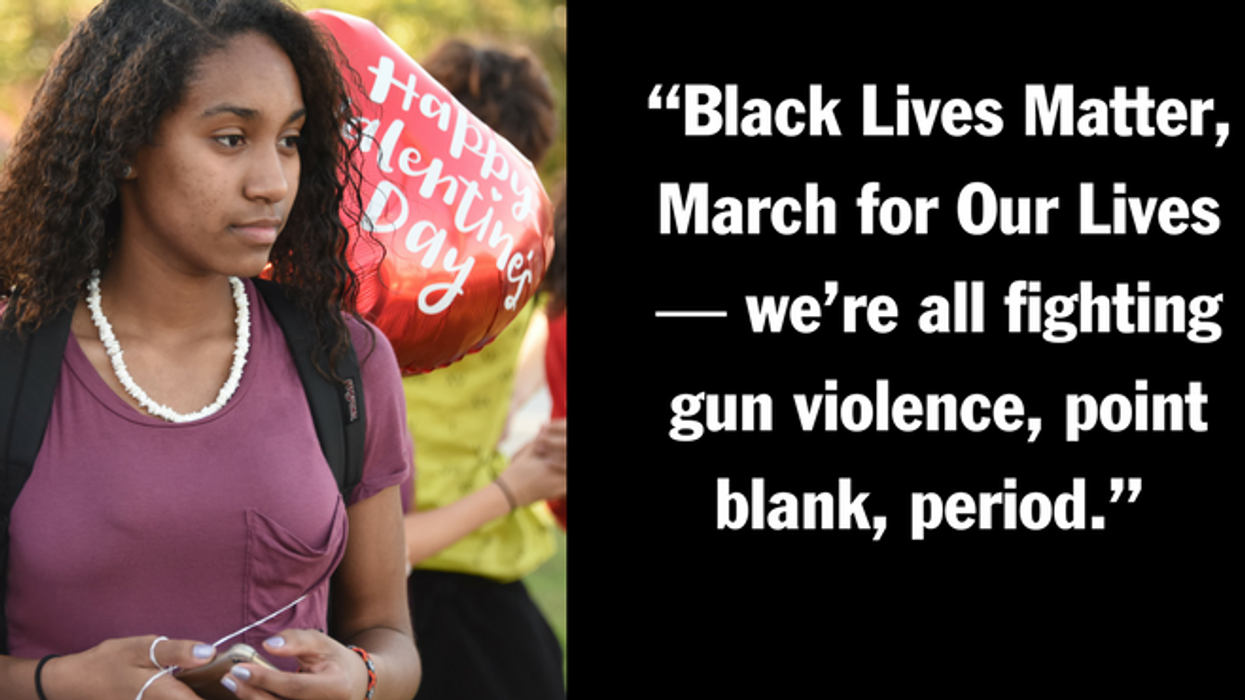

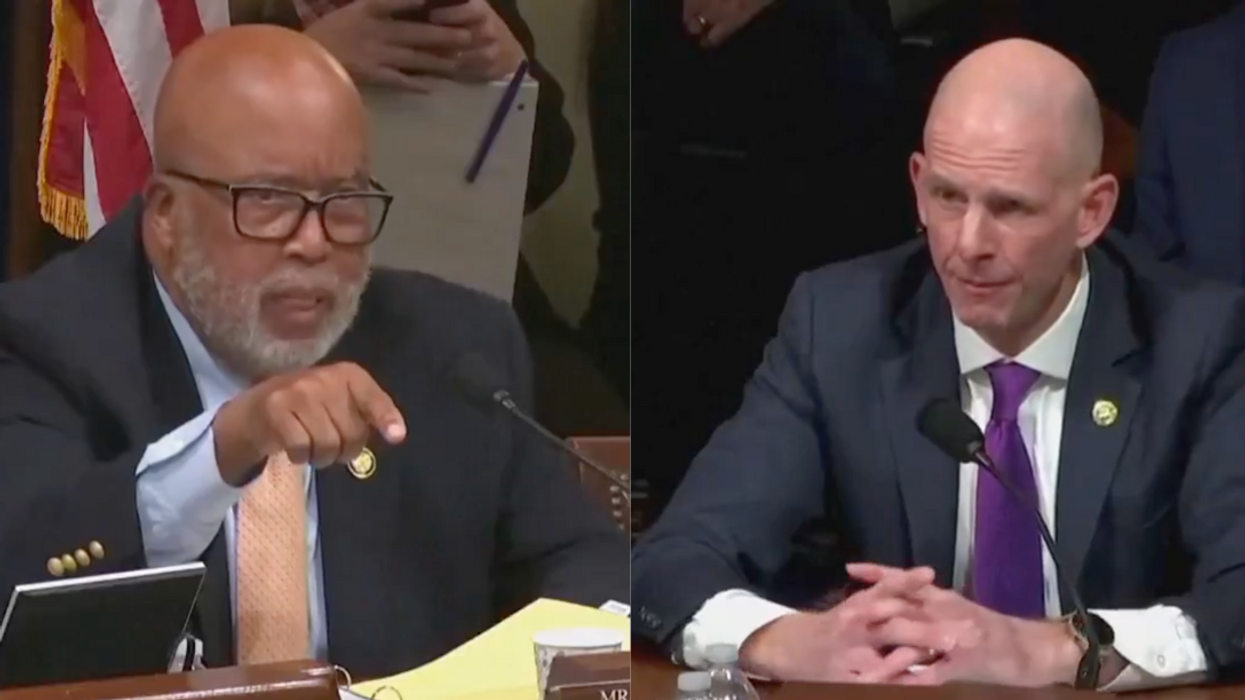
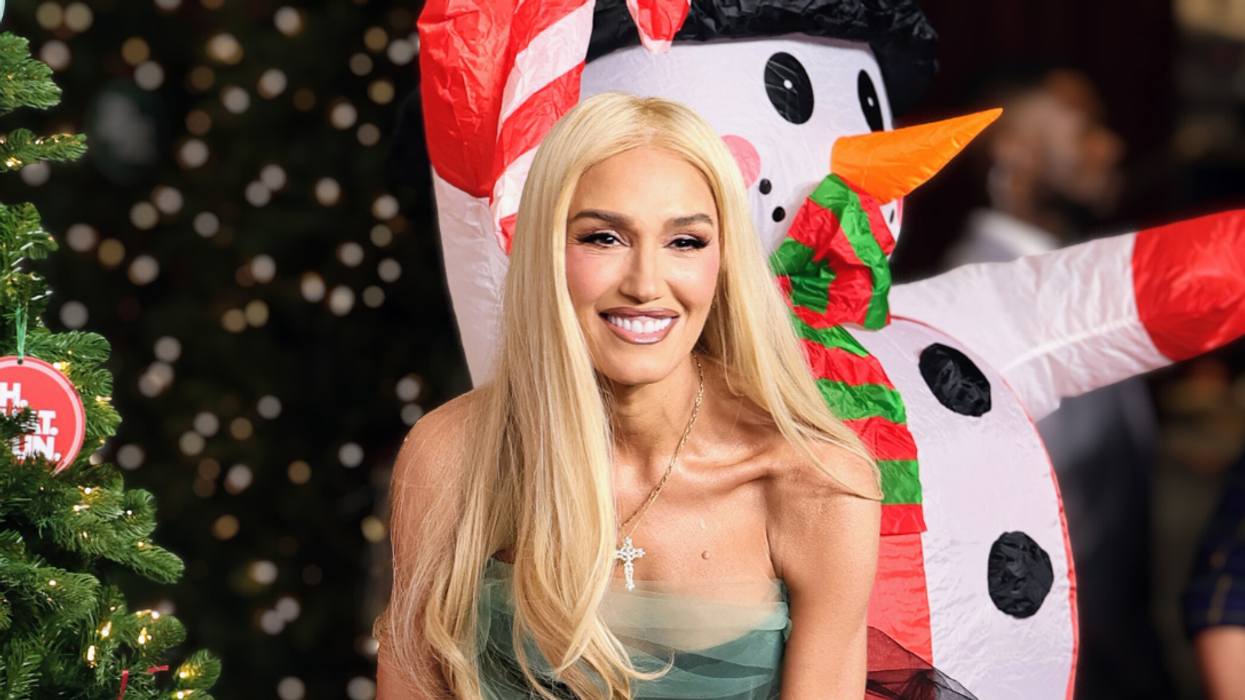
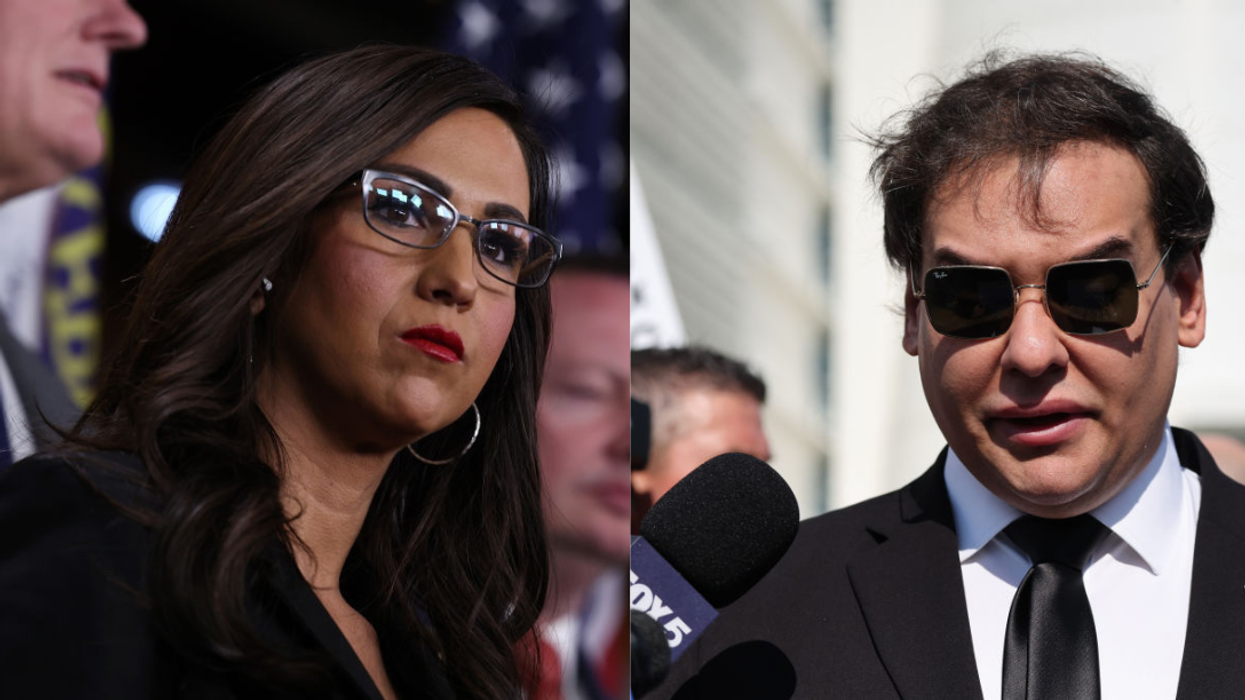
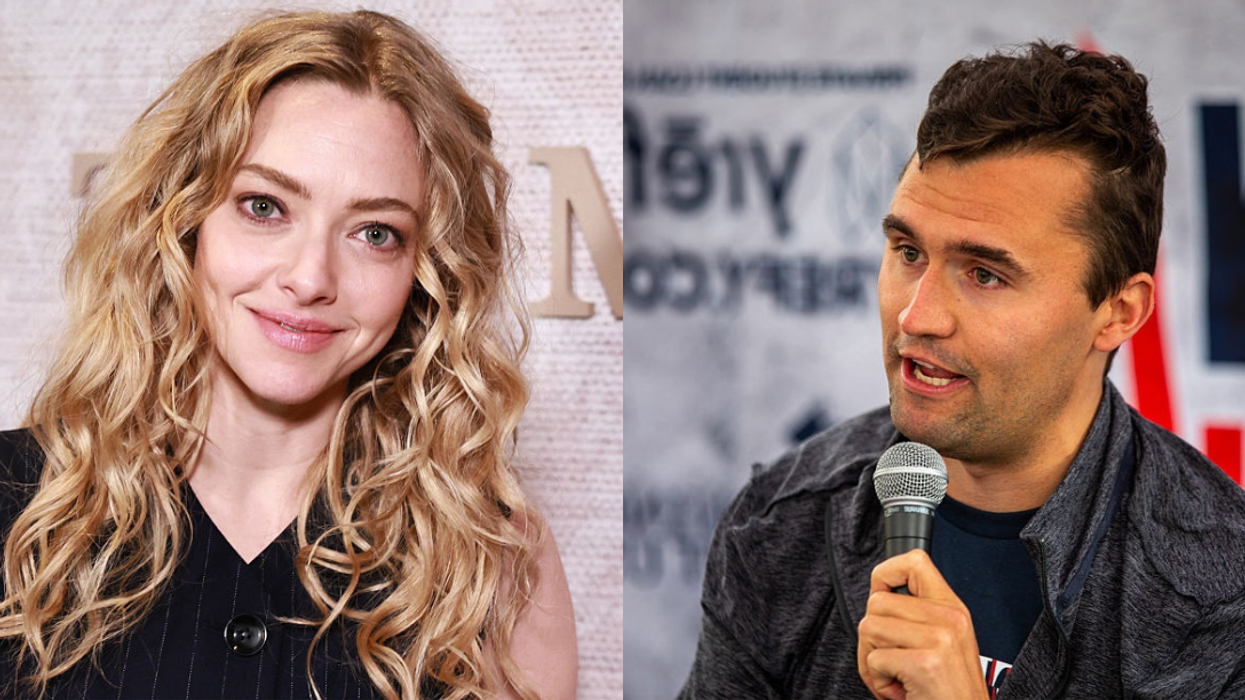
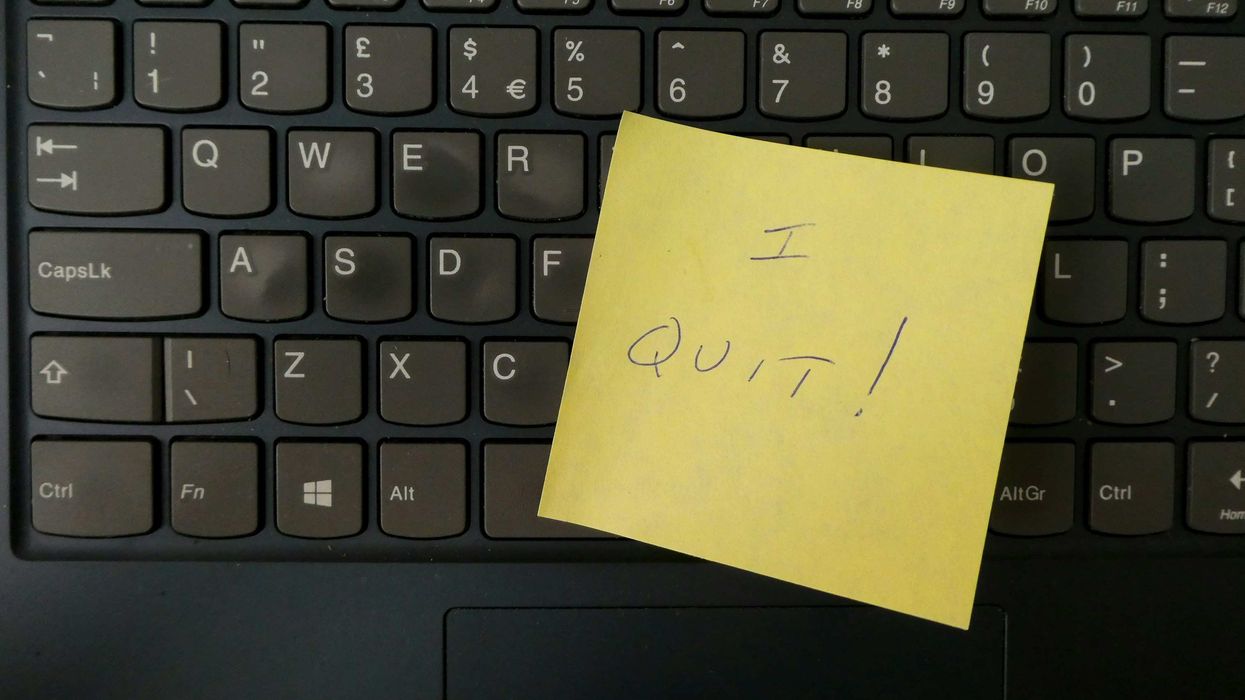
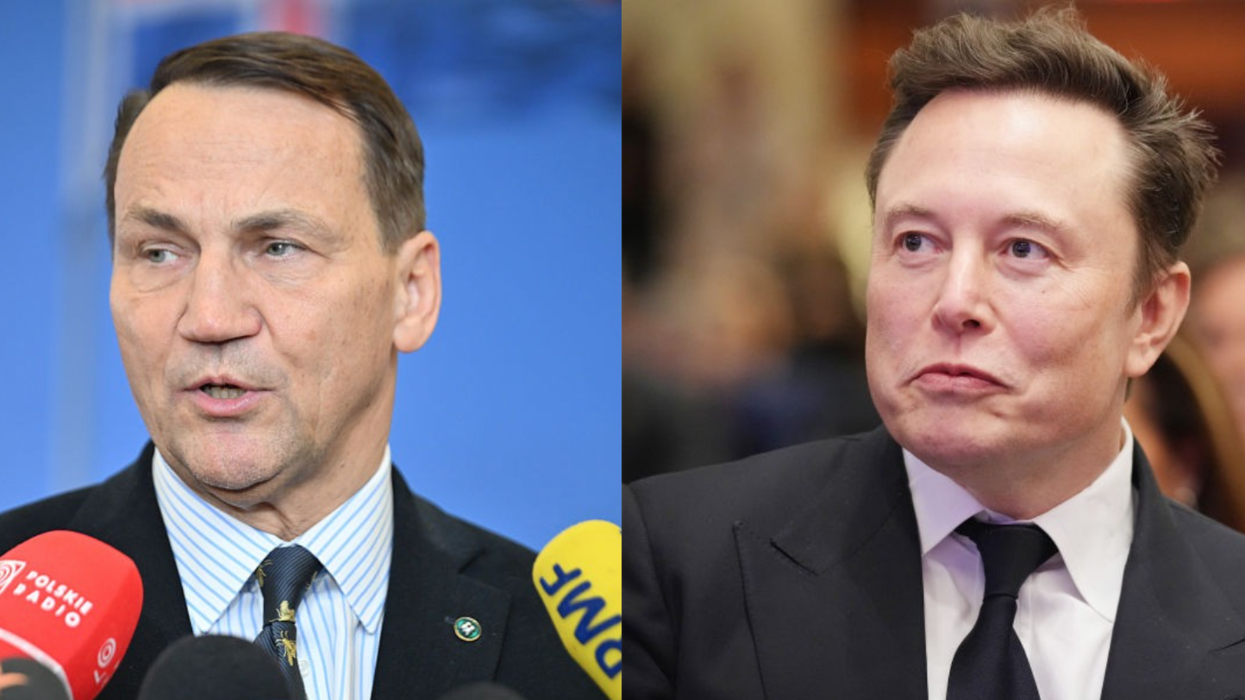
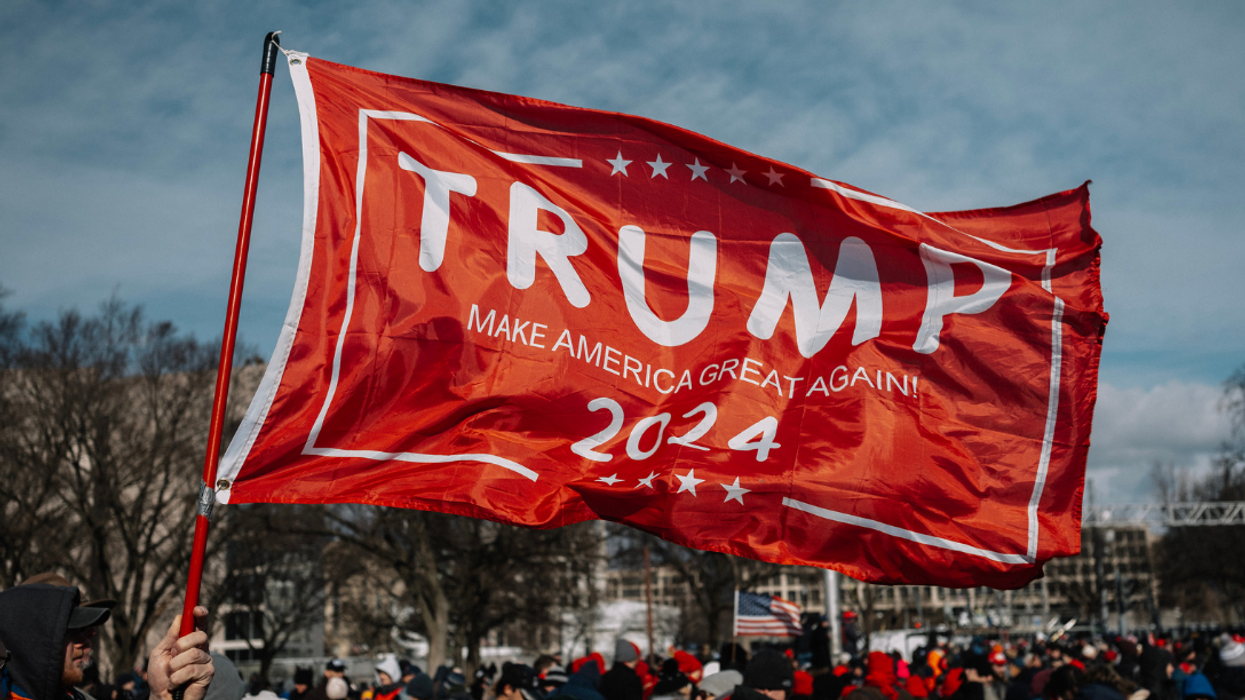
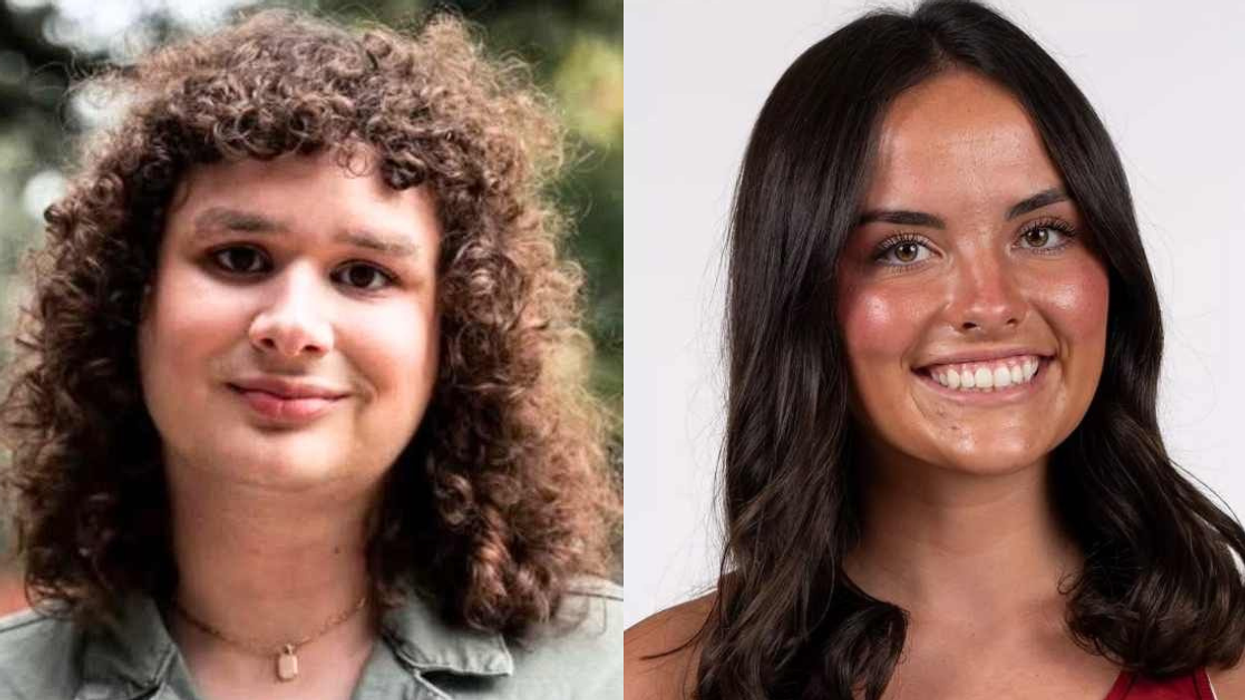
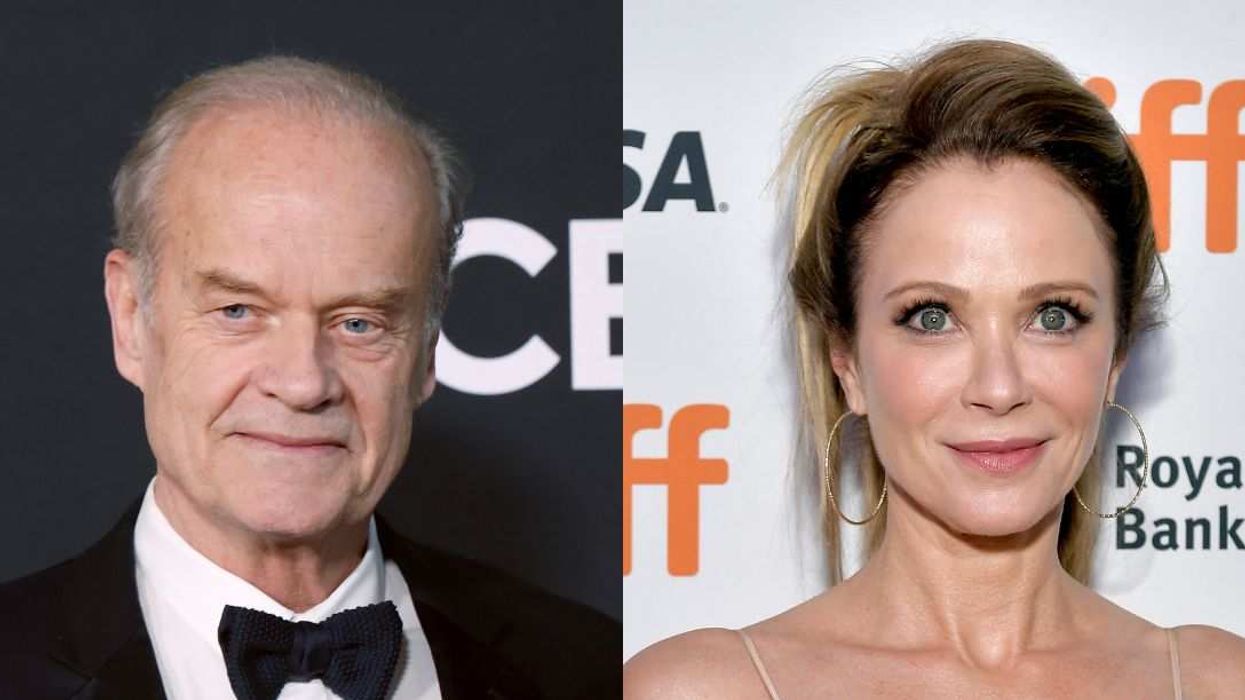
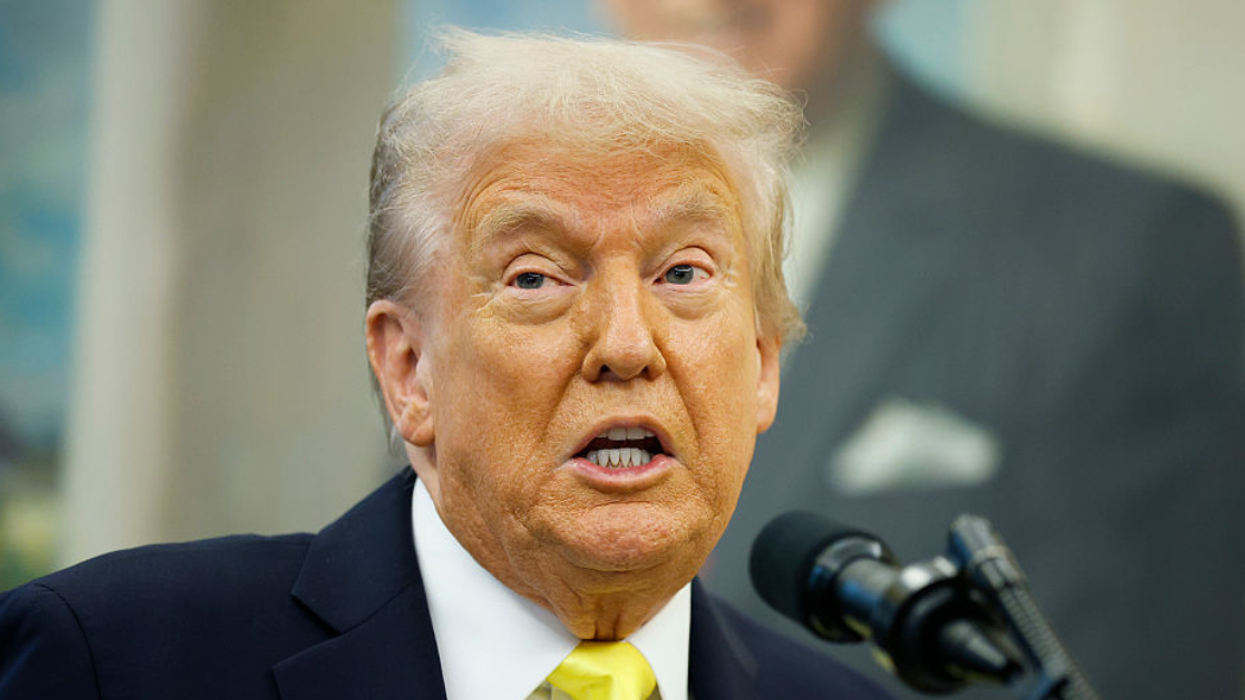
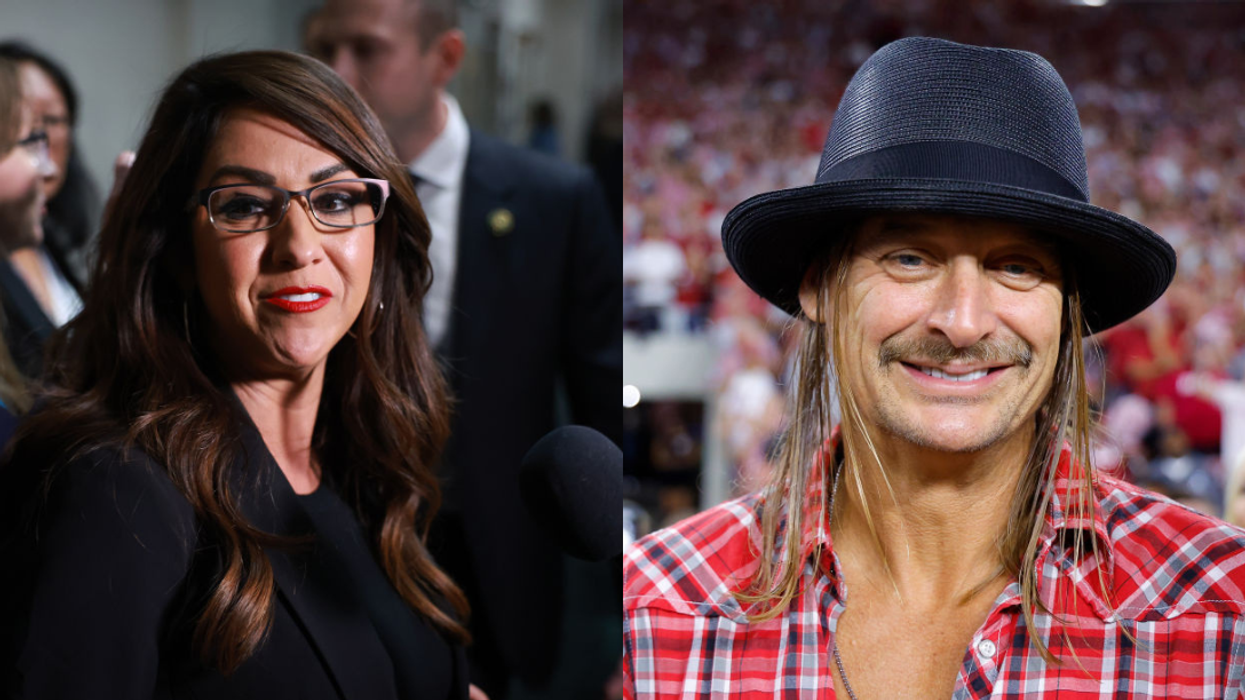
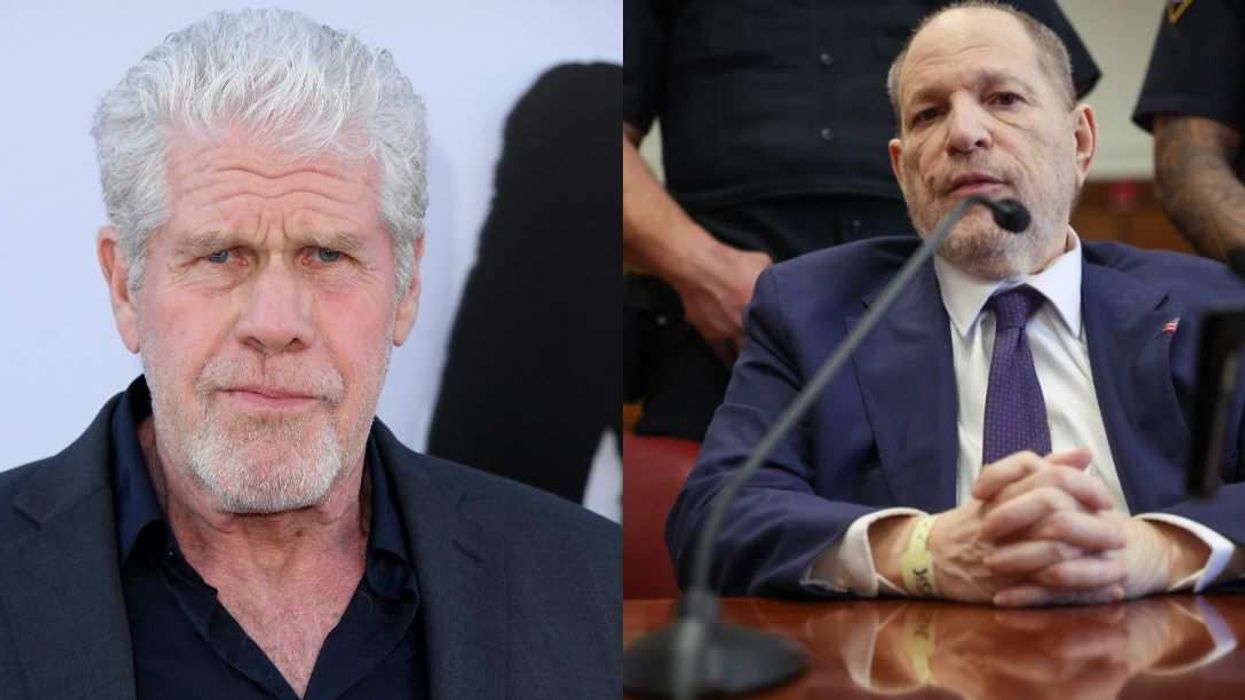
 u/mlg1981/Reddit
u/mlg1981/Reddit u/Miserable-Cap-5223/Reddit
u/Miserable-Cap-5223/Reddit u/riegspsych325/Reddit
u/riegspsych325/Reddit u/raysofdavies/Reddit
u/raysofdavies/Reddit u/NotAsBrightlyLit/Reddit
u/NotAsBrightlyLit/Reddit u/LvLtrstoVa/Reddit
u/LvLtrstoVa/Reddit u/mysocalledmayhem/Reddit
u/mysocalledmayhem/Reddit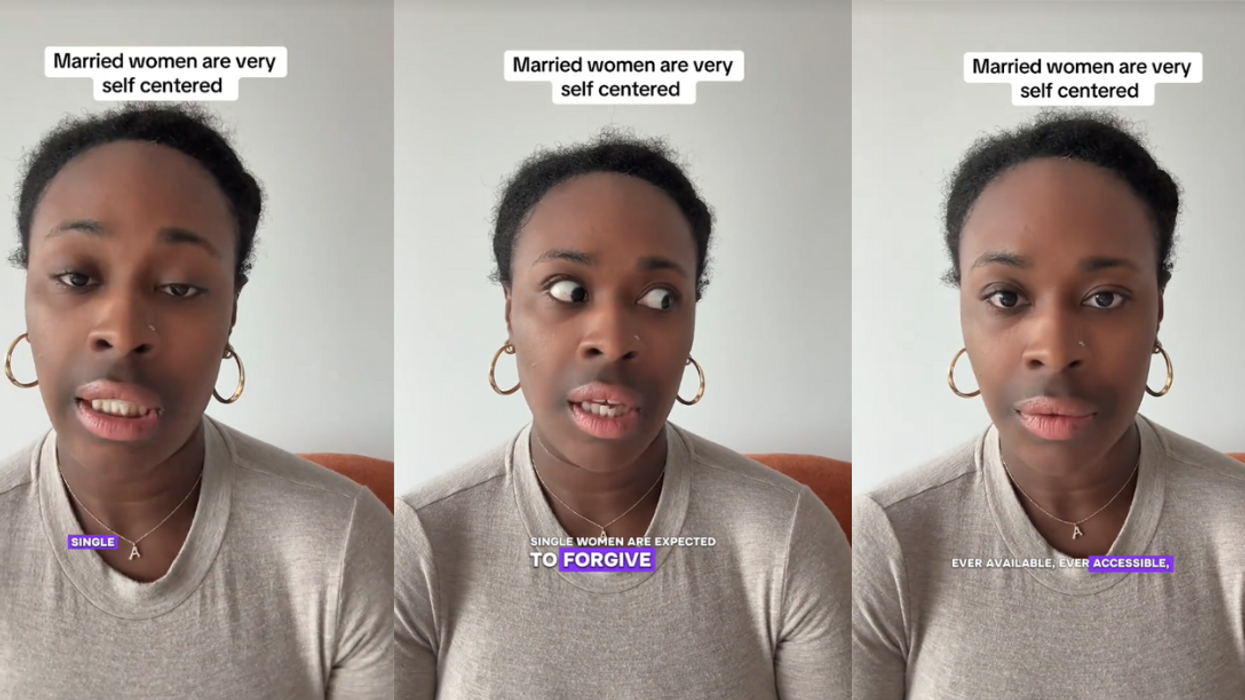
 @unpunishablewoman/TikTok
@unpunishablewoman/TikTok @unpunishablewoman/TikTok
@unpunishablewoman/TikTok @unpunishablewoman/TikTok
@unpunishablewoman/TikTok @unpunishablewoman/TikTok
@unpunishablewoman/TikTok @unpunishablewoman/TikTok
@unpunishablewoman/TikTok @unpunishablewoman/TikTok
@unpunishablewoman/TikTok @unpunishablewoman/TikTok
@unpunishablewoman/TikTok @unpunishablewoman/TikTok
@unpunishablewoman/TikTok @unpunishablewoman/TikTok
@unpunishablewoman/TikTok @unpunishablewoman/TikTok
@unpunishablewoman/TikTok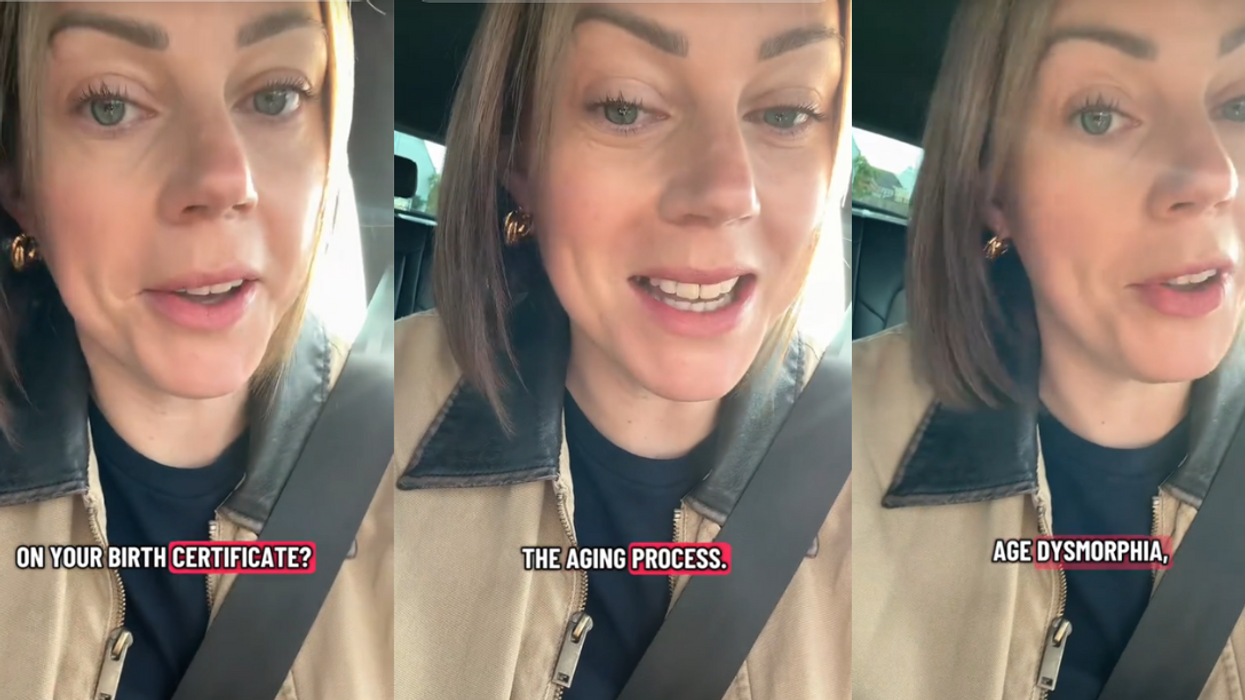
 @helsmcp/TikTok
@helsmcp/TikTok @helsmcp/TikTok
@helsmcp/TikTok @helsmcp/TikTok
@helsmcp/TikTok @helsmcp/TikTok
@helsmcp/TikTok @helsmcp/TikTok
@helsmcp/TikTok @helsmcp/TikTok
@helsmcp/TikTok @helsmcp/TikTok
@helsmcp/TikTok @helsmcp/TikTok
@helsmcp/TikTok @helsmcp/TikTok
@helsmcp/TikTok @helsmcp/TikTok
@helsmcp/TikTok